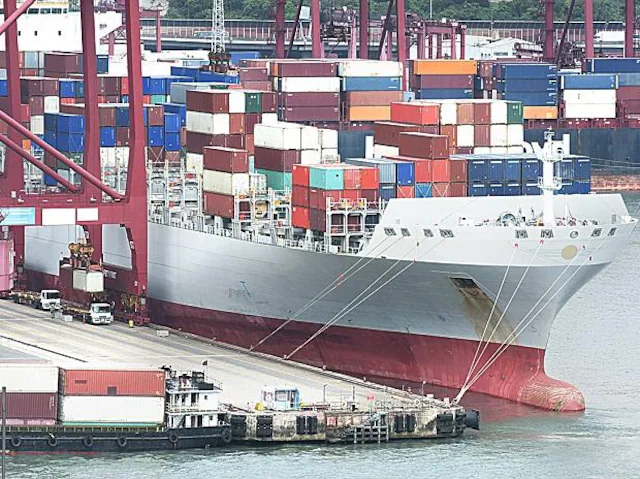India and the United Kingdom (UK) have closed the majority of chapters —16 of 25 policy areas — so far, said UK’s Minister of State for Trade Policy Greg Hands as he sought a deal that is “fair, reciprocal”.
The next round of trade agreement talks between India and the UK is expected shortly, the minister told Parliament.
Both nations missed the October 24, or Diwali, deadline to finalise the agreement as several issues remained unresolved. Besides political uncertainty in the UK, the fear of recession and controversial comments by a minister regarding Indian immigrants overstaying in the UK had raised doubts whether the FTA could be inked.
With Indian-origin Rishi Sunak taking over as UK’s Prime Minister, the talks are expected to gather pace. While a revised deadline for completing the deal is yet to be announced, Business Standard last week reported that the talks are unlikely to be finalised before mid-2023.
“An FTA with India supports the government’s growth strategy, by taking advantage of the UK’s status as an independent trading nation championing free trade that benefits the whole of the UK,” Hands said in Parliament on Wednesday.
“We remain clear that we are working towards the best deal for both sides and will not sign until we have a deal that is fair, reciprocal, and ultimately, in the best interests of the British people and the UK economy.”
The two nations are negotiating issues related to business visas and movement of skilled professionals from India to the UK, as part of the FTA discussions. There is no discussion on the immigration visas, he said while replying to a query on home secretary Suella Braverman’s controversial comments on Indian immigrants overstaying in the UK.
Hands said that tariff reduction on alcoholic drinks, such as whisky, was being negotiated. Scotch whisky exports from the UK to India are already subject to 150 per cent tariffs and had been one of the contentious issues in the deal.
The trade pact is expected to provide greater market access in goods and services by easing tariff and non-tariff barriers on both sides. “We expect the deal to do a lot on tariffs. Many of our exporters face considerable tariffs on services—professional, financial and legal. I cannot promise that we will get everything in the deal. On intellectual property, it will be easier for companies to work through innovation and so on. There are a huge number of areas of potential gain for India, including investment and life sciences,” he said.
The UK is building a post-Brexit trade relationship with the world, and India is one of the largest markets it is negotiating a trade deal with. In May 2021, both countries set an ambitious target of more-than-doubling bilateral trade by 2030.

